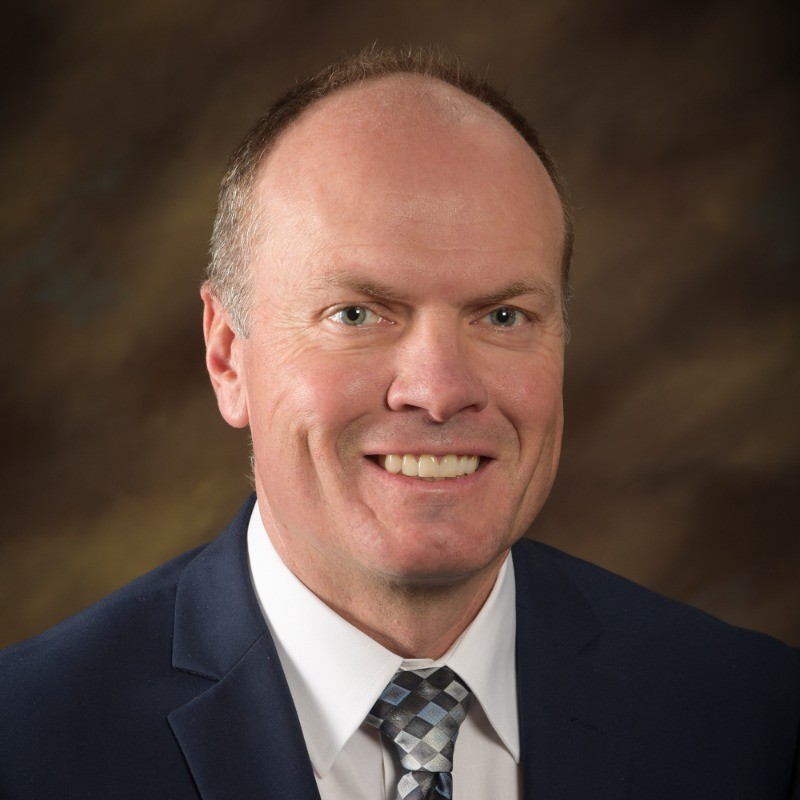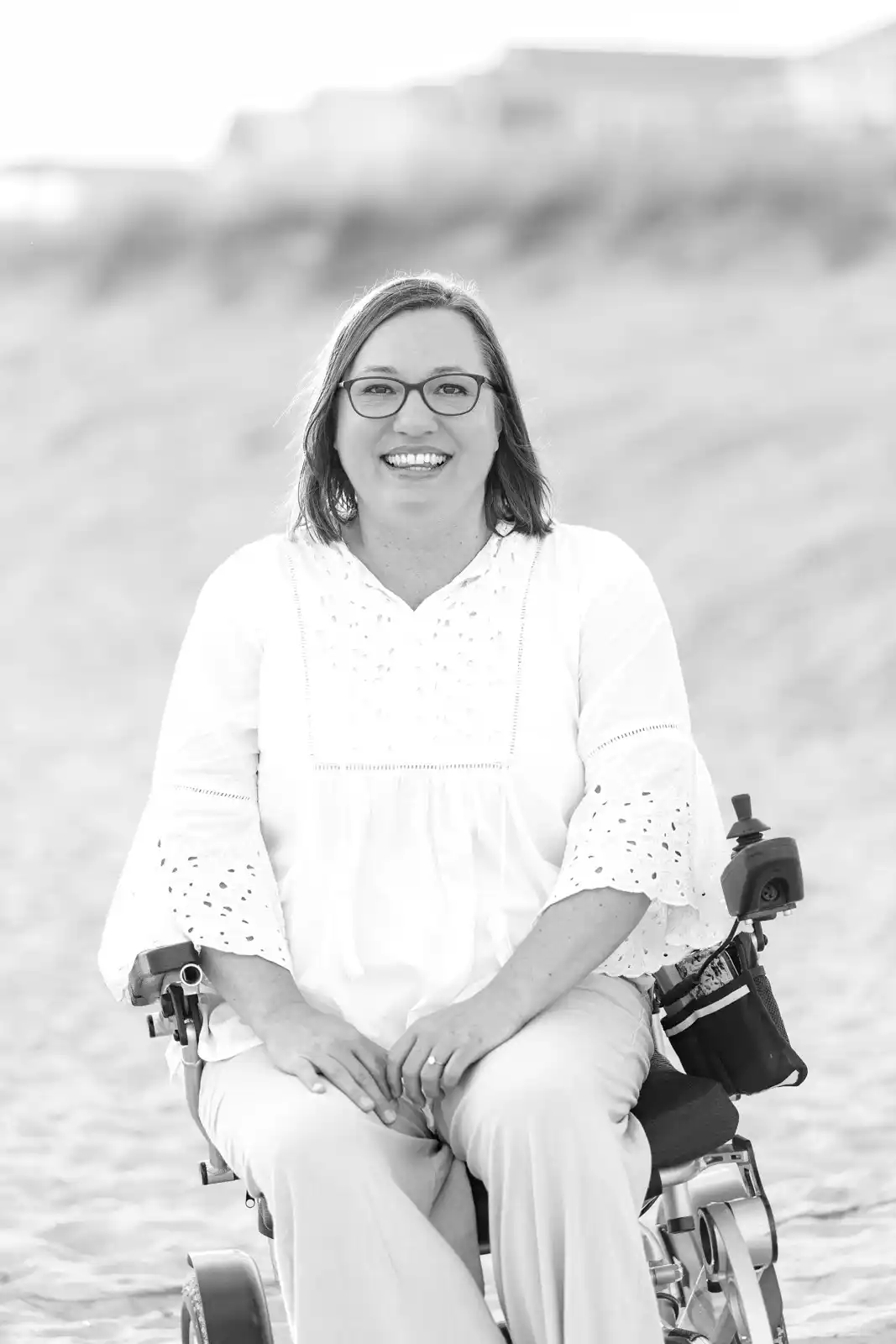Finding Light After Unimaginable Loss

In a world where grief often leaves us feeling isolated and abandoned, it's rare to encounter someone who transforms their deepest pain into a source of healing for others. This week, I had the privilege of sitting down with Lark Galley, a former Fortune 500 top sales executive who has navigated the unthinkable loss of both her father and her 19-year-old son to suicide. Lark's journey from devastating grief to spiritual awakening is a testament to how our most challenging experiences can become catalysts for profound understanding and growth.
Lark's story is one of brutal honesty and unexpected grace. As someone who achieved remarkable success in the business world, earning multiple six figures as a global sales representative, she seemed to have it all figured out. Yet beneath the surface lay a family legacy of mental health struggles and the kind of heartbreak that no amount of professional success can prepare you for. What sets Lark apart is her willingness to share not just her pain, but the spiritual experiences that followed – encounters that challenged everything she thought she knew about death, the spirit world, and God's plan.
Through messages from beyond and divine encounters with her deceased son, Lark discovered that some relationships transcend mortality and that our greatest trials can become our most sacred teachers. Her experiences offer hope to anyone walking through their own valley of grief, showing how love continues beyond the veil and how even suicide cannot separate us from those we cherish most. Join us as we explore the connection between loss and spiritual growth, and discover how embracing our deepest pain can lead to unexpected healing and understanding.
The Weight of Mental Health Struggles
Lark's understanding of mental health challenges began early. Growing up with an undiagnosed bipolar father meant constant upheaval – moving schools every year, navigating unpredictable family dynamics, and learning to form relationships quickly while struggling with deeper connections. This childhood shaped her understanding of mental health as a medical condition, not a moral failing.
Her father's battle with bipolar disorder created a family pattern that would later manifest in several of her siblings. When he finally received a diagnosis in his fifties, it provided context but not necessarily relief. His frequent discussions about suicide created an atmosphere of fear and helplessness that Lark carried for years.
The end came unexpectedly after a surgery that required him to go off his medication. Physical pain combined with mental anguish proved too much, and he chose to end his life. At the time, Lark couldn't even say the word "suicide" – she told people her father died in a car accident, unable to face the stigma and complexity of the truth.
A Mother's Worst Nightmare
Years later, history repeated itself in the most devastating way possible. Lark's 19-year-old son Christian, a brilliant mechanical engineering student at the University of Utah, died by suicide. Christian was academically gifted but struggled with his relationship with faith and family expectations.
Looking back, Lark recognizes the adversarial dynamic that had developed between them. Daily conflicts over his choices and beliefs created tension that neither fully understood at the time. A spiritual experience when Christian was 16 gave her a glimpse of their pre-earth relationship, where he had promised to help her become more Christ-like – but the daily reality of parenting a strong-willed teenager made this difficult to remember.
When Christian died, Lark's initial response was anger rather than tears. She couldn't cry for a week, consumed by rage and regret over their complicated relationship. The guilt was overwhelming – she was convinced he hated her and that she had failed as a mother.
Messages from Beyond
What happened next challenged everything Lark thought she knew about death and the spirit world. During the week between Christian's death and his funeral, three different people approached her with the same message: "Tell my mother that I love her." Each encounter spoke directly to her deepest fear – that Christian had died angry with her.
These experiences opened a door to an ongoing relationship with her son that continues six years later. Rather than seeing death as a barrier, Lark discovered that their connection had actually deepened. Christian became her closest relationship, even from beyond the veil.
When she finished writing her book about their story, Lark experienced another profound spiritual encounter. She felt Christian's presence leave, and when she asked where he was going, his response revealed his mission in the spirit world: helping others struggling with suicidal thoughts to stay in their bodies.
Redefining Mental Health Understanding
Through her journey, Lark developed a compassionate understanding of suicide that challenges common misconceptions. She compares depression to a physical wound – while a gash on your arm will eventually heal, the pain in someone's soul feels endless and hopeless.
Her analogy of mental health as a bridge with weight limits has helped many understand their own struggles. Just as a bridge can handle normal traffic but will collapse under excessive weight, our mental health has limits that require recognition and support. The key is knowing when to ask for help before reaching the breaking point.
This understanding extends to her view of suicide itself. Rather than a selfish choice or moral failing, she sees it as a medical condition that overcomes the natural instinct for self-preservation. Her spiritual experiences have convinced her that God's judgment is far more merciful than human understanding.
Unexpected Spiritual Growth
Perhaps the most surprising aspect of Lark's journey is how loss transformed her spiritually. While she would never choose to go through such pain again, she acknowledges that these experiences brought her closer to God, her Savior, and her understanding of eternal families than anything else could have.
Her relationship with Christian continues to evolve, with ongoing spiritual experiences that have expanded her understanding of the plan of salvation. When she once worried about his eternal progression being affected by his choice, Christian's response challenged her assumptions: "Mom, my choice did not affect my eternal progression."
This experience taught her not to limit God's power or put the Savior's atonement in a box based on human understanding. It reinforced that love is the answer to every question and the foundation of all healing.
A Message of Hope
Six years after Christian's death, Lark has found her way back to joy while maintaining her connection with him. She's learned that grief doesn't follow a timeline and that healing doesn't mean forgetting. Instead, it means integrating loss into a new understanding of life's purpose and eternal relationships.
Her book, "Learning to Breathe Again: Choosing to Heal After Losing a Loved One to Suicide," has become a resource for other parents navigating similar losses. Organizations report it as their number one recommended resource for suicide grief support.
Lark's journey teaches us that even our most devastating experiences can become sources of healing for others. When we allow God to work through our pain, we discover that love truly is stronger than death and that our relationships with those we love can continue beyond mortality.
Your Journey of Faith and Healing
Lark's story reminds us that faith isn't about avoiding trials but about finding God in the midst of them. Her experiences challenge us to expand our understanding of mental health, remove stigma from discussions about suicide, and trust that God's love extends far beyond our human comprehension.
Each loss, she suggests, is an opportunity to discover deeper truths about eternal relationships and divine love. When we approach our challenges with openness to spiritual growth, we find that even our deepest wounds can become sources of healing for ourselves and others.
The invitation is clear: allow God to work through your pain, trust in His infinite mercy, and remember that love – not death – has the final word in our eternal relationships.
Thank you for listening to this week's episode of Why We Believe. If you are interested in more inspiring stories of faith and transformation, you can check out our other episodes here.






Comments